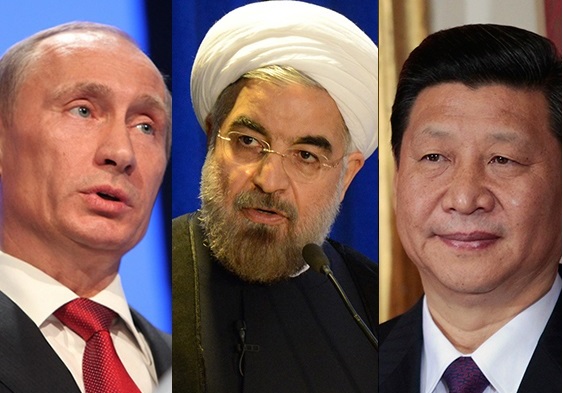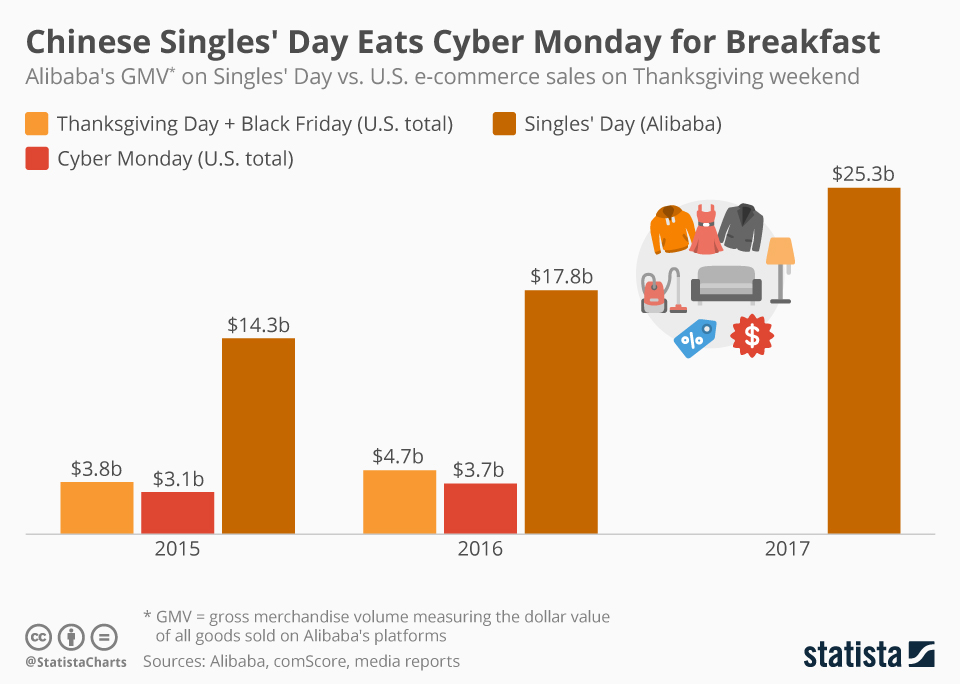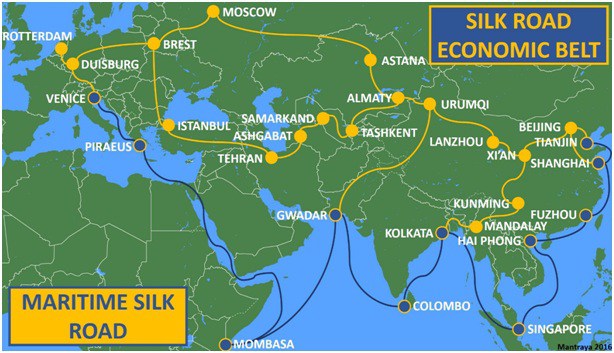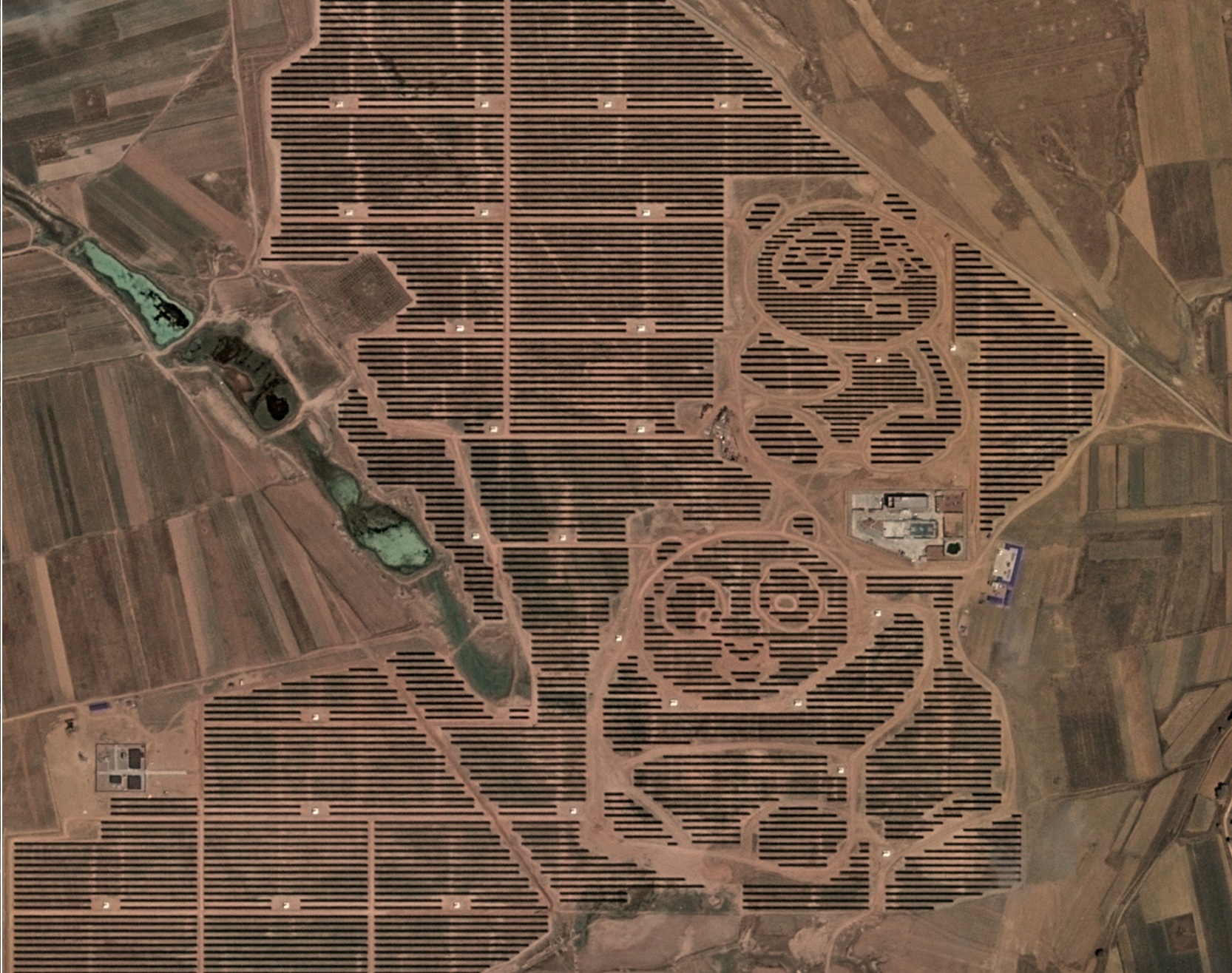

The world is changing, but the west is clinging on to a unipolar vision of the world that has passed. It’s attempts to discard this changing reality in exchange for a western worldview expressed in their politics and media are so ungrounded, it’s comical as it is dangerous. This western bubble of reality laid down before the wests general public seems to hold up for now, although fragile and less and less by the day. Really, Russia again? Outside this western bubble however, credibility is lost daily as the west places itself on the sidelines of history.
The fundamental building blocs in western hard power and soft power are not under attack as the mediapolitical landscape could make us feel they are, it is more that they are revealed for what they are without the sugarcoating. As the multipolar world creates the political and economic power to pursuit alternatives and show new perspectives and interpretations, they now have the power to reflect the actions of the west mirrored back upon themselves as apposed to ‘just the way things are’ in the world.
Suddenly we are presented with another version of reality that also begs for a different version of history for the past decades. Our economic system seems to benefit the few as those few have a well managed grip on politics. Local business and craftsmanship, the real economy, have given way to the privileged multinationals and the financial world, the world of tax breaks and tax havens.
Whilst the real economy is breaking down, the central banks were printing money like never before to keep the banks and the familiar names afloat -so long as the Apple’s and Facebook’s and other household names keep the indices up, all is good. At the root of this infinite printing of money lies of course the petrodollar. The 1973 deal with Saudi-Arabia where the US would support the house of Saud so long as OPEC would sell all oil in US dollars only and buy US bonds, creating an immense need for dollars in the world and preventing inflation as the Federal Reserves printing presses make way for the economic, political and military US might since. Since, the whole international trade system has been dollar based. If Bolivia wants to sell logs to Venezuela, it will still use dollars. And by US law, every dollar has to be cleared by the bank of New York, thus making this transaction subject to US law. And don’t you dare circumvent it. Blocking Iran from the dollar-trade for not selling oil in dollars, and thus blocking it from the swift-system, and thus from world trade, was therefore the nuclear bomb in economics. Their currency devalued 50%. The earlier threats to the petrodollar –Libia selling oil for gold, Iraq for euro’s- have been met with heavy resistance. Now, in Syria, it seems the world has changed. The predominantly Saudi-US creation of ISIS to destabilize the nations of Iraq and Syria into chaos has now failed. Could we again see Syria, Iraq and Iran work together to create the Friendship Pipeline (a.k.a. the Islamic Pipeline in the west), exporting oil from Iran to Europe? Or will it be more of the same political-economic-monetary-military export of the west, with freedom, democracy and human rights as it’s sugarcoating?
The guardians of a new geopolitics: Iran-Russia-China

The demise of military hegemony
The success-story of the liberation of Syria from ISIS is a result of the Astana peace talks between Russia, Syria, Turkey and Iran, not the Geneva talks where the US made promises it broke within days on the ground. It is the cooperation of Hezbollah, Iran, Iraq and Russia (as tides changed, Turkey) that in spite of US-Saudi aid to ISIS managed to liberate the countries of Syria and Iraq. The military power of Russia, with for example it’s S-400 anti-missile all over the middle east is a game-changer. It’s a defensive system that leaves air-intervention in a padlock. Turkey as well as Saudi Arabia buying these demonstrates once more the break down of this unipolar world. Where NATO’s version is unable to attack ‘friendly’ aircraft -friendly as defined by NATO-, the S-400 is more neutral in this aspect as it is above all a defensive system creating no-go zones for aircraft.
As for within Syria, where Iran and Russia are invited by Syria and are legal in respect of international law, the United States is seen as an invader by Syria. Also, but most importantly, Assad is popular in Syria itself and self-determination is being undermined. It must sound as alienating to a west man’s ears as Assad stressing education and health services in the rebuilding of Syria or the gas attack being from ‘moderate rebels’, not Assad’s government. At the moment 95% of Syria has been freed from ISIS (sometimes known as those moderate rebels in the west), yet the United States is still making a last-minute effort to control the border of Iraq and Syria to prevent regional integration -or a pipeline. They will fail.
The demise of economic hegemony
For the past decades the west has been producing less and less, as cheap labour was found in the east. It seemed to make the average western person rich as purchasing power (pp) rose. These riches are however the fruits of the rise of technology, oil and the currency devaluation of e.g. China. This cheap produce from the east could be branded to sell for many times it’s cost as this gave way to multinationals and the service and retail industry. Likewise, cheap money from the printing presses allowed for financial industry to blossom. And on the other side of the petrodollarcoin, the OPEC-countries maintained whatever powers that were via the high oil prices the world paid them and via their US protection.
As the west and OPEC-countries profited of cheap labour, China saw a boom in exports that developed their country. China then used these profits to buy US obligations to keep their currency low as it blew up the dollars value even more. You could say a whole generation of Chinese has had to sacrifice/work their way out of a dollar-dominated trade.
Over the past decade Chinese growth has allowed for the rise of wages, “China is no longer the cheap labor haven it once was. Monthly manufacturing wages reached 4,126 yuan at the end of 2015, equal to those in Brazil but much higher than Mexico, Thailand, Malaysia, Vietnam, and India.” –Bloomberg. Chinese per capita income rose from $200 in 1990 to $5000 in 2010. The Chinese middle class has grown significantly and according to the World Bank, more than 500 million people were lifted out of extreme poverty as China’s poverty rate fell from 88 percent in 1981 to 6.5 percent in 2012. “Between 1990 and 2005, China’s progress accounted for more than three-quarters of global poverty reduction and a big factor in why the world reached the UN millennium development goal of halving extreme poverty.” –Wikipedia. Extreme poverty has now almost completely disappeared from China and by 2020 it aims to have eradicated poverty at all. These great stories don’t form part of the wests reality. It clings on to past views of the world to explain its place in this world. The east looks forward, the west still only sees $1/hour sweatshops and environmental pollution.
Besides the rise of purchasing power (PP) in the east soon meeting the demise of PP in the west and besides the oil price having plummeted with fewer petrodollars to recycle into the US economy, there is also the factor of technology that undermines the unipolar world, the western favoured world.
Multinationals of the west used to be able to buy up cheap products, market them and sell them off highly priced, supporting whole industries in advertising and the service and retail sector. The internet however has now made it possible to bypass these western cooperations and to buy directly from small and medium enterprises (SME’s) in China.

Chinese export subsidies make it very affordable to ship these products all over the world, where for example a European import tax on goods over €22 from China seeks to limit this. As Alibaba allows western SME’s to buy directly from Chinese SME’s, bypassing import and export companies and western branding, so does AliExpress make these products available for the consumer. As this will temporarily save western purchasing power, it will in the long run also favour the real economy over the one pushed upon us by the wests hegemonic structuring of political-economic power. Less and less money will flow through this hierarchical organizing of society. And, “By 2020, China will account for about 60% of global e-commerce.” – Forbes
China seeks to be at the forefront of the third industrial revolution by heavily investing in automation and renewable energy. “Somewhere around 80GW of solar manufacturing capacity exists in China, of 130GW global – using 50 of those 80 gigawatts is clear evidence that China is no longer focusing on exports.” –Electrec. China knows it will have to invest in automation and renewables, as the rise of wages is already putting pressure on economic growth. The Chinese are pricing themselves out of the market. This concept of economic interconnectivity of the real economy by connecting SME’s and customers is part of China’s ‘win-win‘-strategy of diplomacy abroad. This is where the Belt and Road Initiative (BRI), fits in too. Both seek to facilitate and steer, rather than dominate. Like a parent would a child, a very Chinese view of government. The BRI is the largest infrastructural realization the world has seen to day and seeks to connect China via large infrastructure projects, or so called ‘new silk roads‘, with the rest of the Eurasian continent, guarenteeing export for the foreseeable future as the Chinese economy is changing away from a production-oriented economy.

BRI connects the economies by annihilating time and space and creates interdependence, ideally preventing regional instabilities or wars. The ‘win-win’ presents a clear business alternative against the hegemonic ways the west organizes the world to the advantage of those that have the advantage already.
One of these new silk roads will connect China via high speed rail and road to Europe via Russia, drastically reducing traveling time of goods and people. China and Russia have also found each other in bypassing the US dollar in bilateral trade. “In 2016, the share of national currencies in payments for exports of Russian goods and services was 13 percent, imports 16 percent. In the first quarter of 2017, these figures rose to 16 percent and 18 percent, respectively,” said Russian Deputy Prime Minister Sergey Prikhodko. Jack Ma’s Alibabi/Aliexpress has also been invited to stimulate, diversify and localize Russia’s economy by creating a Russian arm of the company. Russia already diversified the economy over the past years dropping oil and gas state revenues from over 50% in 2014 to 39% now and less than 1/3rd expected in 2020. When sanctions from the west came for (people in) the oil, banking and military industry, Russia chose to reply with sanctions that affected the real economy, promoting the growth and diversifacation of local industry, creating an immense growth and maturation of their agricultural sector. The russian economy is moving remarkably towards ever more self-relience in agriculture. “Russia is one of the world’s leaders in exports of grain, vegetable oils, fish, and a number of other foods. We expect to become the leading supplier of ecologically clean food to our neighbors in the Asia-Pacific region.”, published by Russia ahead of the APEC meeting of last november.
It would be interesting for people in the west to listen to a Valdai speech of Vladimir Putin, the speech of Xi Jinping at the 18th Central Committee of the Communist Party of China or to the balanced words of Hasán Rouhaní when confronted with polarizing western rhetoric. For most in the west however, the mind has constructed views of these countries that are hard to break, based on allegations circulating within the western bubble of reality that seek to polarize and justify the unipolar hegemony. Russia’s RT has successfully been able to show different understandings of the world and has become the object of discussion itself. It’s usually a disturbing allegation brought forward by a politician, backed up by institutions and amplified by media. It either consequently lacks any proof of the allegation and usually ends in self-reference to the wests mediapolitical show and might even be corrected when the attention of the media has shifted to a new hype or is either so blown out of proportion that it fails to make the argument. This includes the election-hacking I’ve written (Dutch) about before, as well as the whole Crimea-unification, as I’ve written about before as well. There is a world of views to discover for which I hope we may find ourselves mature enough to decide over ourselves. Geopolitical analyst Pepe Escobar put it wonderfully when visiting Iran, “So once again, in Tehran, provoked by the meeting of minds around the conference – the absolute opposite of “clash of civilizations” – it was possible to discuss how Iran (resistance against injustice), China (remixed Confucianism) and Russia (Eurasianism) are offering post-Enlightenment alternatives that transcend Western liberal democracy – a concept that has been completely co-opted and shattered by the hegemony of neoliberalism.”
The longer the mediapolitical west keeps up the false narratives around Russia, Iran and China for maintaining their unipolar worldview, the more it will distance itself from the socioeconomic integration in the world around them. It will happen slowly -China favours stability-, as our growth slows down and tourists will visit our historic scenery. The new Silk Road doesn’t have to stop in Istanbul or Moscow, it can connect through to the harbour of Rotterdam and go via Berlin. The concept of the enemy is the produce of a society that lacks the leap of trust to participate in a lateral way in the challenges of tomorrow.
This is no plea for respective countries political and economic structure as current -clearly-, but for their self-determination to develop what has taken the west centuries. We are blind to even see the immense progress in humanitarion socio-economic conditions of said societies –both in recent past and projected forward– as our mediapolitical paints a gloomy picture of the political-economic structures as of current. It’s our involvement in internal affairs that hinders this path.
The west will have to start to understand that the ideas of the enlightenment, the concepts of freedom, democracy and human rights are shattered not by the development of the rest of the world -the exception of ISIS noted-, but by the stratification of a society undermined by monetary and neoliberal concepts that have hollowed out their ideals. As for spreading those ideals of human rights, freedom and democracy abroad, we might do well listening once again to the east. The Chinese do not argue these principles, yet are in no way convinced of the path dictated by the west, nor the moral high ground to preach from. They see these principles arising out of economic development. Out of a rising middle-class and basic needs for citizens -thus free of poverty and free from harsh economic inequality- will arise ‘democrat’ values China-style where the CCP will interpret the greater good. These values have to be developed and can not be enforced without economic democracy and basic needs. How can you expect someones human rights to come first, does not your survival do? In the export of Chinese ‘win-win’ diplomacy, it does not seek to impose a way of living, a certain developmental path. It provides stability, a way for both economies to become interdependent, of which cultural exchange and respect may follow.
The west is in debt, immensely. The real wealth has moved east. Sure, China has debt, but it also has growth and actual production and it’s debt is small in comparison. Russia and Iran hardly have any debt. Gold is moving from west to east and is in high demand. We can’t see it reflected in the price yet, for the wests money printing presses and their leveraged ‘paper gold’ still manage to hold down the prices, but the direction is clear.
If not for production, resources or gold, what still backs a euro or a dollar? With bitcoin gaining credibility with each passing day, be it for storage or as currency, the euro/dollar demise doesn’t even stop there. Blockchain, the technology behind bitcoin, allows for the whole replacement of most of the financial world that forms one of the last strongholds of western power. Ethereum’s ether does not only allow for new coins (yes, the famous initial coin offerings where surely lots of money is bound to be lost, but more importantly a breeding ground for the technology of tomorrow) on top of their base system, but this also allows for smart contracts with all sorts of purposes. These have the potential to replace any mortgage, loan or other smart contract you could think to need a financial institution for. In time, settings in a program, on a site or app will make these interpersonally with the community to verify for the conditions set. As a platform of decentralised applications, dapps, it has the potential to replace multinational tech firms like Facebook and Google. And that’s just one of many directions of development. Russia, the first state to announce so, has it’s CryptoRuble ready, undoubtedly balancing the perseverance of the state (taxes) with the newfound freedoms and stability of digital money.

With the west to be behind in automation and renewables, without production and resources and no multinationals and financial world to profit of others, what are we but left in dependency? It’s time to find ground in ideas of the enlightenment, find strength in local economies connecting laterally to local economies, find autonomy in renewables and find security in cryptocurrencies and gold as we connect ourselves to a future we can pull forward ourselves, away of dependance of institutions and corporations we can not rely on and in spite of their hinderance. As we pull out of globalization as put forward by the west, we will see the world connect globally from a local angle. And, as automation and technology can decentralize, they can provide locally. Think crypto instead of central bank or mortgage, solar instead of OPEC, 3d-printing directly from local resources instead of shipping from afar, the arts and craftsmanship (a design at the local 3D-shop?) instead of the wage-slave, vertical farming instead of poverty and local abundance instead of global scarcity. It’s a way of thinking that puts autonomy and free time back up front. Wasn’t that what freedom once meant? And from that place, we will see each other in shared pursuits of dreams.
Surely, all societies have flaws and have challenges to work on, as I understand this is the case in China, Russia and Iran, however, a western attitude of false moral superiority prevents understanding. The more the west will put in the full weight of it’s apparatus, the harder the fall will be. The more the west clings on to this western bubble of reality brought to us by giving ear to the mediapolitical, the sooner it’s demise will be. The multipolar world now holds up a mirror, it’s about time we dare look into it. It’s time for the west to grow up and join a new world in the making.

Leave a Reply